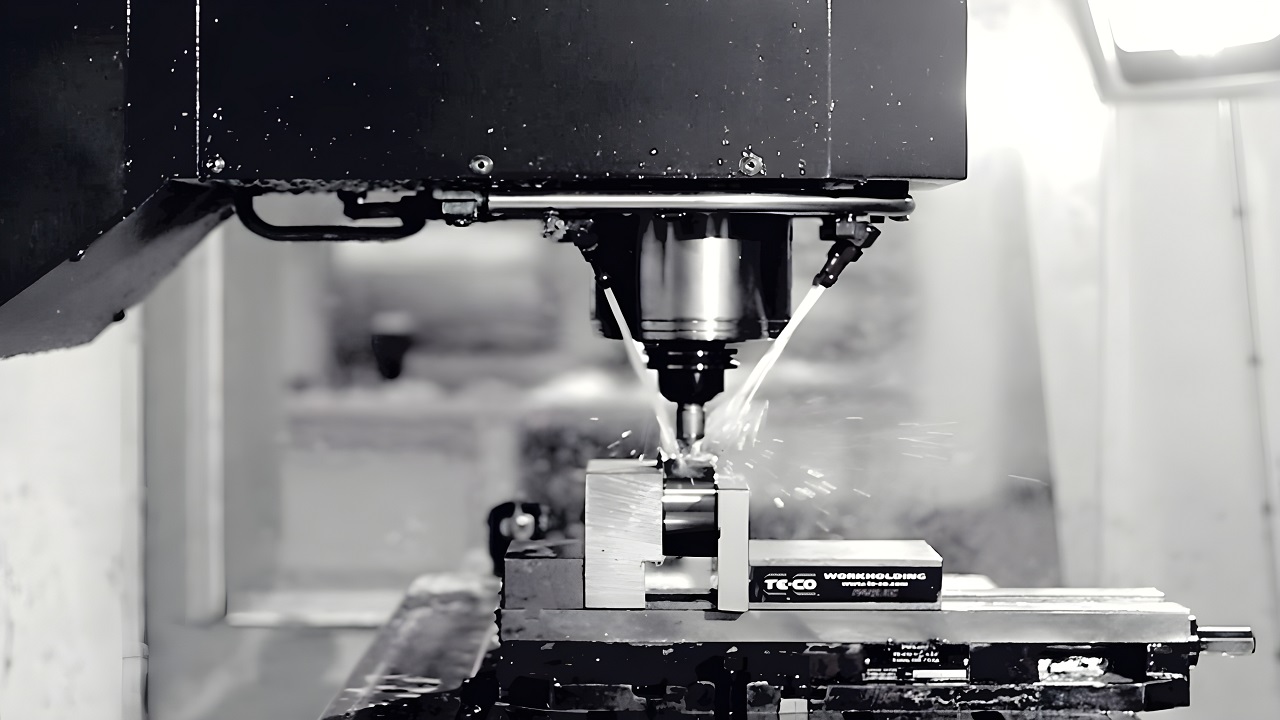In today’s fast-paced manufacturing landscape, the demand for low-volume manufacturing solutions has been steadily increasing. With the rise of customization and the need for rapid prototyping, traditional manufacturing methods often fall short. This is where CNC (Computer Numerical Control) milling steps in as a versatile and precise solution. In this article, we will delve into the world of low-volume manufacturing with CNC milling, exploring its applications, advantages, and the critical role it plays in bringing innovation to life. In the ever-evolving landscape of manufacturing, learning more about CNC milling and its applications is the first step towards unlocking its full potential for your unique production needs.
Understanding Low-Volume Manufacturing
Low-volume manufacturing refers to the production of relatively small quantities of parts or products. While traditional manufacturing methods like injection molding or die-casting are efficient for large-scale production, they can be cost-prohibitive and time-consuming for small batches. This is where CNC milling shines as a cost-effective and versatile alternative.
Applications of Low-Volume Manufacturing with CNC Milling
Prototyping
CNC milling is a go-to choice for creating prototypes. Whether you’re designing a new product, testing a concept, or refining an existing design, CNC milling allows for the rapid production of precise prototypes. This enables designers and engineers to iterate and perfect their designs before committing to mass production.
Custom Parts
Many industries require custom-made parts to meet specific requirements. Low-volume manufacturing with CNC milling is ideal for producing these bespoke components. From aerospace to automotive, CNC milling can create intricate and complex parts with precision.
Rapid Tooling
CNC milling is indispensable in the production of jigs and molds, making it essential for rapid tooling. This is especially valuable when you need quick adjustments or modifications to your tooling, which is common in low-volume manufacturing scenarios.
Advantages of CNC Milling in Low-Volume Manufacturing
Precision Tolerances
CNC milling offers exceptional precision with tolerances as tight as ± 0.005mm. This level of accuracy is crucial, especially when manufacturing components for industries where precision is paramount, such as aerospace and medical.
Quick Turnaround
In low-volume manufacturing, time is often of the essence. CNC milling provides rapid turnaround times, allowing for the efficient production of small batches without compromising on quality.
Material Versatility
CNC milling can work with a wide range of materials, including various metals and plastics. This versatility ensures that manufacturers can select the most suitable material for their specific application.
Cost-Effective
While the initial setup costs for CNC milling may be higher than some other methods, it becomes cost-effective for low-volume manufacturing due to its efficiency and minimal waste. Manufacturers can save on tooling and setup costs, making it a practical choice for small-batch production.
Conclusion
Low-volume manufacturing with CNC milling is a powerful tool for bringing ideas to life. Its precision, versatility, and cost-effectiveness make it an invaluable resource for industries seeking to produce small batches of high-quality components. As innovation continues to drive the demand for customization and rapid prototyping, CNC milling stands as a reliable partner in transforming ideas into reality.
